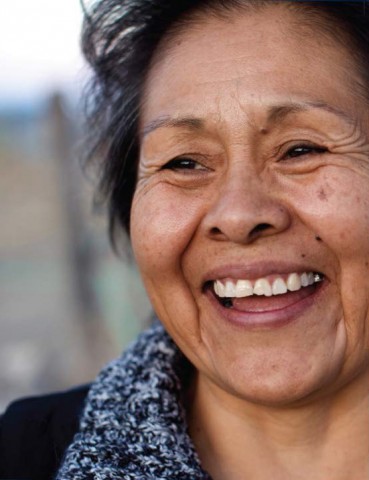
Assistant Professor Emily Nicklett, PhD ’10, recently examined the relationship between healthcare access and diabetes management among a geographically diverse sample of American Indians (AI) age 50 and older with type 2 diabetes.
In 1998, the Strong Heart Family Study, which examines heart disease and its risk factors among AI families and communities, indicated that access to care was a problem for elders. Nicklett is the first to examine the relationship between access to care and diabetes outcomes among elders.
In order to determine whether or not access relates to diabetes management, it was first necessary to gain the trust of those studied.
“Social work has had a historical reputation on many American Indian reservations as not being culturally appropriate,” Nicklett said. “We worked diligently toward regaining that trust.”
Diabetes management was measured by HbA1c values with participants in Arizona, Oklahoma and North and South Dakota. The findings tell a good news/bad news story. The good news: most participants experienced fewer barriers to receiving diabetes-related care than expected. Participants who experienced barriers to care were not, on average, more likely to have trouble managing their diabetes. The bad news is that it’s still unclear what impedes diabetes management and control among older AIs.
“This study guides us to the next steps, and we would like future studies to consider aspects beyond healthcare, such as access to physical activity programs or facilities and to healthy, diabetes-friendly foods,” Nicklett said. “A followup study will be conducted in the near future.”
Nicklett’s paper, “Access to care and diabetes management among older American Indians with type 2 diabetes,” is currently under review by the Journal of Aging and Health.
This research was supported by a grant from the Native Elder Research Center (NERC) through the Resource Centers for Minority Aging Research and from the National Institute on Aging through the Native Elder Research Center, jointly administered by the University of Washington and the University of Colorado Denver.